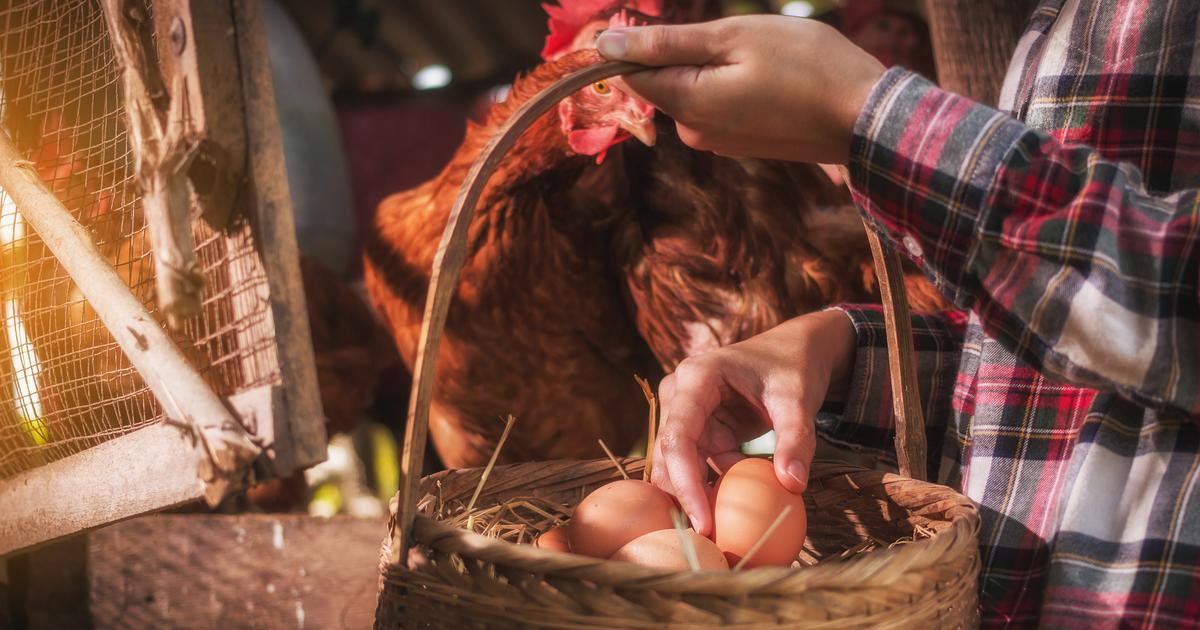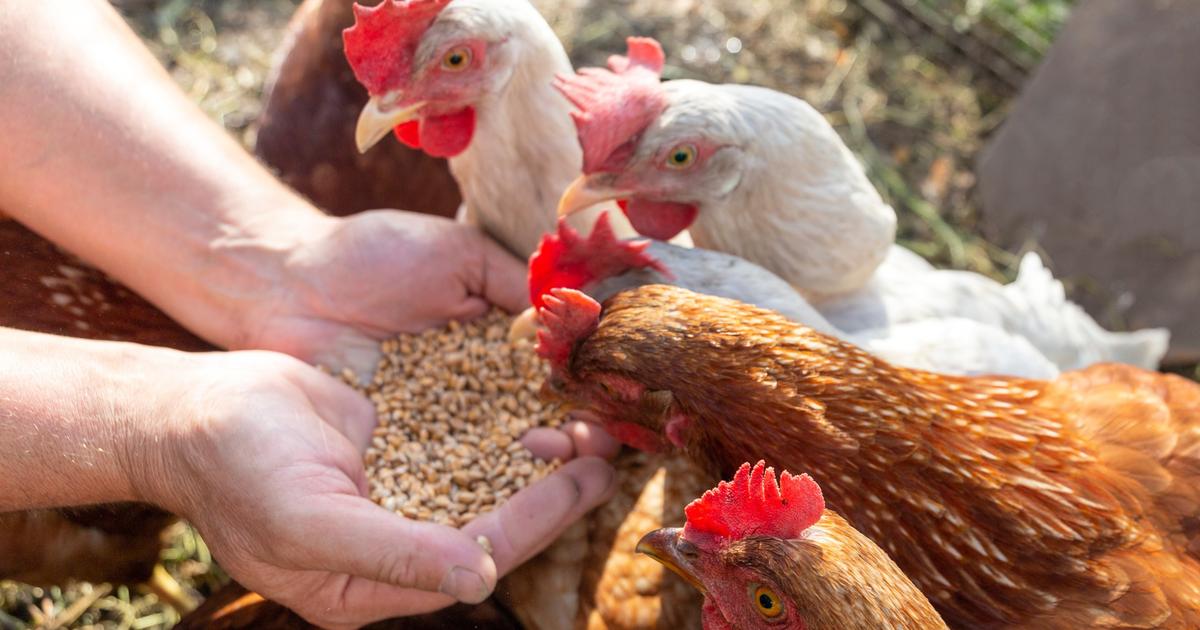The average German eats 238 eggs a year – but have you ever wondered what the stamp on the eggs actually means and what it has to do with how they are kept?
In 2021 alone, Germany's citizens ate an average of 238 eggs per person.
Hard-boiled, perfectly scrambled (with cream), in fried egg form (tip: fry with a lid) or used in pancakes or other dishes.
This is probably one of the reasons why the selection on the egg shelf is so large - and there is usually something for every budget there.
And that's exactly where the problem lies: because many eggs, especially those in the lower price range, are unfortunately produced under living conditions that are not animal-friendly.
If you want to pay attention, you should know what the numbers on the egg stand for.
Eleven baby animal pictures that will make your heart beat faster
Eleven baby animal pictures that will make your heart beat faster
By the way: You can even train chickens to flee from falcons, for example.
Decode eggs - the code reveals how the chickens are kept
Since 2004, every egg produced in the EU, whether brown or white, has had to have a producer code.
From this it is then possible to find out from which attitude the egg comes, from which country and even from which barn.
+
The numbers and letters on the eggs indicate the origin and type of husbandry.
Here: housing type (0), origin (DE), identification number (13), company number (0087), barn number (1).
© Zoonar.com/Stockfotos-MG/Zoonar.com/Imago
The first number indicates how the chickens are kept, with 0 standing for organic eggs and 3 for cage eggs:
Designation | number | space |
|---|---|---|
Organic production/organic eggs | 0 | 1 m2 for 6 hens (+4 m2 free range per hen) |
Free range/free range eggs | 1 | 1 m2 for 9 hens (+4 m2 free range per hen) |
Free run | 2 | 1 m2 for 9 hens (+4 m2 free range per hen, may not go outside) |
Small group housing/cage eggs | 3 | 1.5 DIN A 4 sheets (per hen, cages with up to 60 hens) |
The type of husbandry is followed by the country of manufacture, for example Germany (DE), the Netherlands (NL) or Austria (AT).
After that, it is further divided: according to company and barn.
What they have in common, however, is that processed eggs, brightly colored for Easter, made into pasta or used as an ingredient in cakes, no longer have to be labelled.
Some manufacturers are definitely focusing on quality here, but the fact is that level 3 eggs are the cheapest.
You can find even more exciting animal topics in the free partner newsletter from Landtiere.de, which you can subscribe to here.
In New Zealand, cage battery keeping was banned at the beginning of this year - with the result that the ones there became scarce.
What to look out for when buying eggs
If you want to know more precisely whether your eggs come from happy chickens, you can pay attention to certain things when shopping:
Mobile app and Internet:
The code of eggs can also be decoded by tools - so you don't have to remember the individual numbers.
Here, for example, the app “Eiercode – what is written on the egg” or the website “was-staut-auf-dem-ei.de” are very useful.
Weekly market or farm shop:
If you have the option, you can only buy eggs at the weekly market or in the nearest farm shop instead of in the supermarket.
The website “mein-bauernhof.de” provides an overview of the various shopping opportunities.
Prefer organic food:
When buying processed food, you should pay attention to the “organic” additive.
Because then only organic eggs may be included.
And there is also a huge selection of pasta that does not use eggs as an ingredient.
Pay attention to certain brands:
With organic products you can already rule out a few types of husbandry.
But you can be on the safe side if you use products from Bioland, Demeter or Naturland.
They have strict guidelines in terms of space, nutrition and medical care.
A large number of recommended brands can also be found on the website of the German Animal Welfare Association.
If you have the opportunity, you could also just get chickens - and enjoy eggs from "happy animals".
Of course, this doesn't work for everyone.
Rubric list image: © Zoonar.com/Stockfotos-MG/Zoonar.com/Imago








